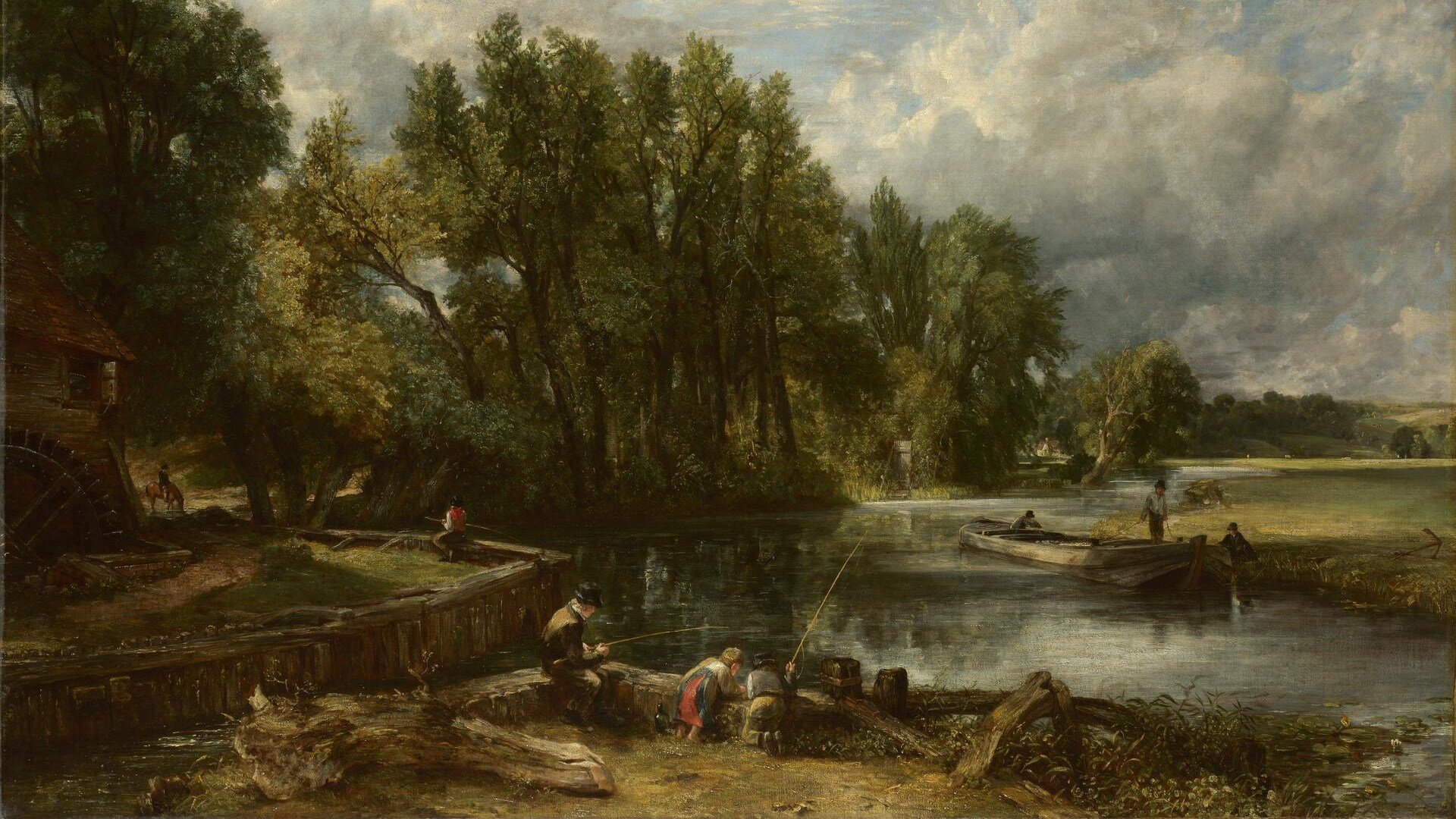Fishing
Cumberland Valley, Pennsylvania, where Whistlestop Bookshop is situated, is generously watered and drained by creeks renowned for their fishing. Conodoguinet Creek, which flows about 100 miles to the Susquehanna River and is nearest to Carlisle, is actually better known for the fishing in its two tributaries, Big Spring Creek out of the Newville area (only 5 miles) and Letort Spring Run, which arises south of Carlisle and flows north 9 miles to the Conodoguinet. The Yellow Breeches Creek, which flows along South Mountain for 56 miles to the Susquehanna, is internationally famous for its trout fishing.
Naturally, a trout-fishing and especially a fly-fishing culture has developed, sometimes thought to be mostly local, sometimes acknowledged to be of world interest — the world that loves the quiet and focus and solitary rewards of fly-fishing. Rarely, the local zen masters of fishing wrote books. Charlie Fox was once a customer of Whistlestop, and Joe Humphreys is still in print and in fact the subject of a documentary we carry. Fishing does inspire fine writing, after all — the names of Izaak Walton, Norman MacLean, Thomas McGuane, Patrick McManus, John Gierach suggest the range of approaches in writing about “standing in a river waving a stick,” to use Gierach’s famous descripton.
Dedicated to the memory of a great fisherman and an even better brother, Gordon Wood (1956-2020).
At the Grave of the Unknown Fisherman
At the Grave of the Unknown Fisherman
Brilliant, witty, perceptive essays about fly-fishing, the natural world, and life in general by the acknowledged master of fishing writers.
Proving that fishing is not just a part-time pursuit, At the Grave of the Unknown Fisherman takes us through a year with America’s favorite fishing scribe, John Gierach, who dedicates himself to his passion despite his belief that “In the long run, fishing usually amounts to a lifetime of pratfalls punctuated by rare moments of perfection.”
Beginning with an early spring expedition to barely thawed Wyoming waters and ending with a New Year’s Eve trip to the Frying Pan River in Colorado, Gierach’s travels find him fishing for trout, carp, and grayling; considering the pros and cons of learning fishing from videos (“video fishing seems a little like movie sex: fun to watch, but a long way from the real thing”); pondering the ethics of sharing secret spots; and debunking the myth of the unflappable outdoorsman (“masters of stillness on the outside, festering s***holes of uncertainty just under the surface”).
With an appreciation of the highs, the lows, and all points between, Gierach writes about the fishing life with wisdom, grace, and the well-timed wisecrack. As he says, “The season never does officially end here, but it ends effectively, which means you can fish if you want to and if you can stand it, but you don’t have to.” As any Gierach fan knows, want to and have to are never very far apart.

